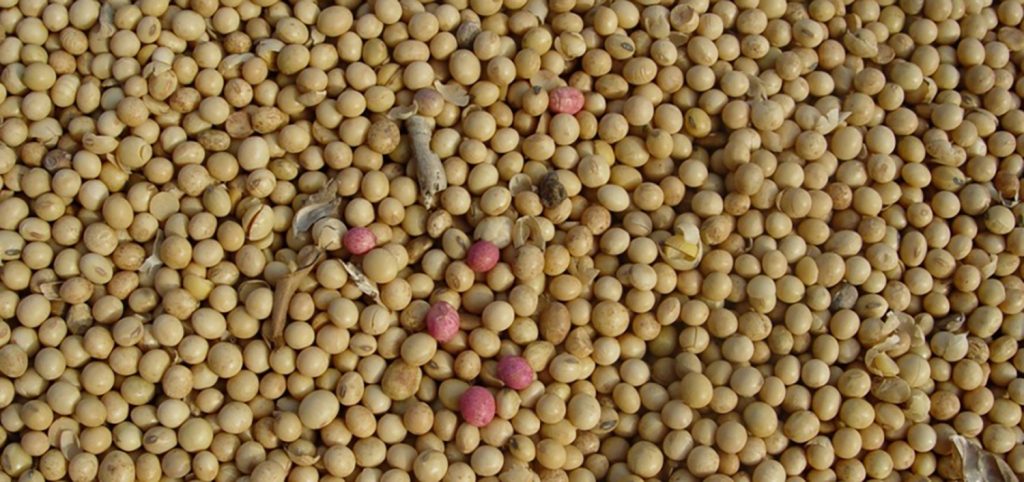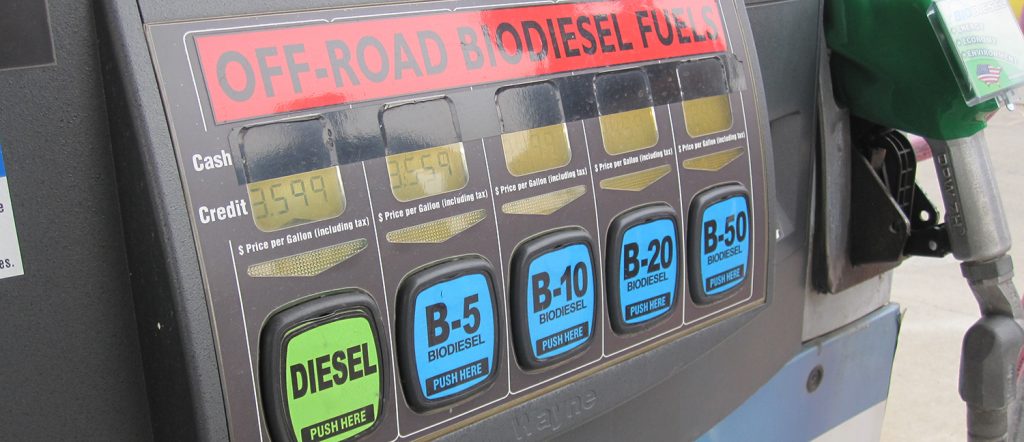The Minnesota Department of Transportation (MnDOT) is hosting a series of Mowing Haying in State Right of Way listening sessions this month throughout the state.
The permit enforcement, which has technically been in place since the 1980s, became a hot topic during the 2017 legislative session and was delayed until April 2018. It is likely to be another contested issue this session.
The new standard requires landowners to file a permit to mow on 175,000 acres of state highway right-of-ways only during the month of August. From Aug. 31 through July 31, the right-of-way can only be mowed for safety reasons. MnDOT issued an average of 4,300 permits per year over the past three years.
“We’re all in this together,” says Nancy Daubenberger, assistant commissioner of MnDOT’s engineering services. “We want to work together as a team and get this issue figured out.”
Minnesota Soybean Growers Association (MSGA) Vice President Jamie Beyer spoke at a listening session at the University of Minnesota-Morris. Beyer says farmers need to mow their ditches for a variety of reasons that help their land and the environment.
“Ditches control flooding. Unmowed grass and ditches compromise the whole system,” says Beyer, a Wheaton, Minn., farmer. “By not mowing, we are also encouraging the growth of noxious weeds.”
As part of the mowing-haying permit, landowners would need to secure liability insurance, place 360-degree amber, rotating lights and slow-moving markers on their mowers and wear a MnDOT-approved safety vest.
“I’ve mowed ditches for forty years without a government mandate,” one farmer told MnDOT at the Mankato listening session. “If you don’t live it, you don’t understand.”
Legislators also attended both the Mankato and Morris sessions.
“I don’t think we want our road ditches to be developed into habitat areas,” Rep. Paul Anderson (R-Starbuck) told MnDOT officials at the Morris session. “It’s just not safe. We need to keep our ditches neat and clean…. It’s a win-win.”





